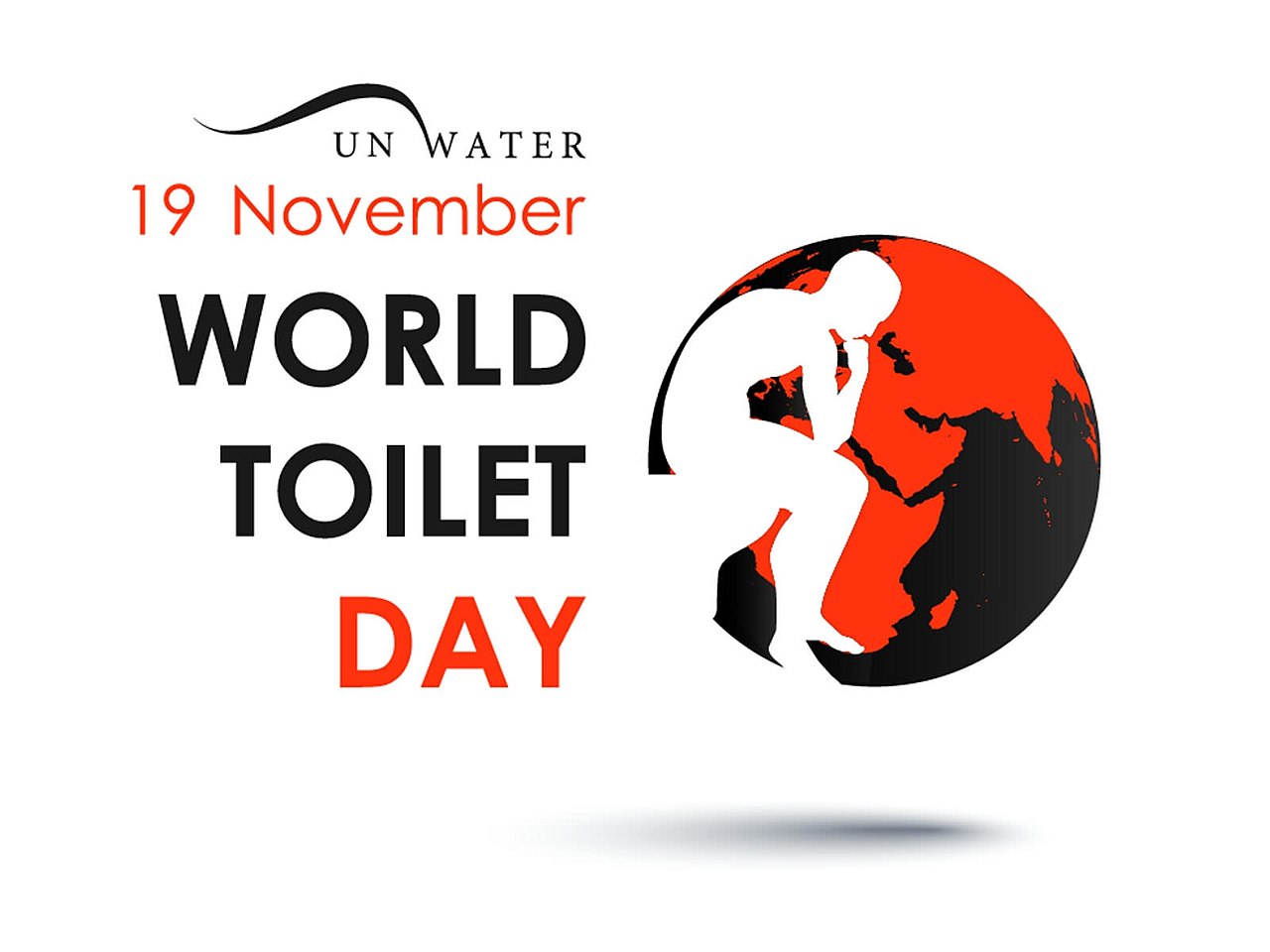Even toilet has a celebration day
11/19 is World Toilet Day, a celebration against the global sanitation crisis which promises sanitation for all by 2030. The initiative started in 2001 and in 2013 became an official UN day.
Sanitation is a global problem: about 4.2 billion people live without a toilet. Every day about 800 children die because of water-related diseases and diarrhea.
Sustainable Development Goal 6, established by the UN, has the target to eliminate open defecation and ensure everyone has access to a toilet by 2030.
Open defecation is against human rights both for men and women, but especially for the latter because they are more discriminated against. The lack of privacy and toilets make it difficult for women to handle menstruation and pregnancies. So women stay home during menstruation if school or workplace doesn’t have adequate sanitation services. Moreover, they often go out when it’s dark not to be seen but being vulnerable to violence. In addition, some of them drink less to avoid going to the toilet often. This may cause urinary tract infections, chronic constipation, other gastric disorders, and dehydration.
Besides, there are sanitation workers, who are essentials, risk their health, safety, and dignity, too. They empty toilet pits and septic tanks; enter inspection holes and sewers to fix and/or unlock them; transport fecal matter; work at treatment plants; look at sanitation facilities. They face the possibility of disease and even death, so they deserve the highest level of protection.
So a toilet is not just a toilet but it’s a life-saver and dignity-protector.
Every year the World Toilet Day has a different theme. This year the theme is the priority of better sanitation accessibility. Here are the previous ones:
- 2017 – Wastewater: a safe and sustainable treatment of wastewater.
- 2018 – When nature calls: is about taking action to ensure that everyone has a safe toilet by 2030.
- 2019 – Leaving no one behind: this aims to draw attention to the people who are being left behind without sanitation, and the social, economic and environmental consequences of inaction.
- 2020 – Sustainable sanitation and climate change.
- 2021 – Valuing toilets.
Source lifegate, wordtoiletday

